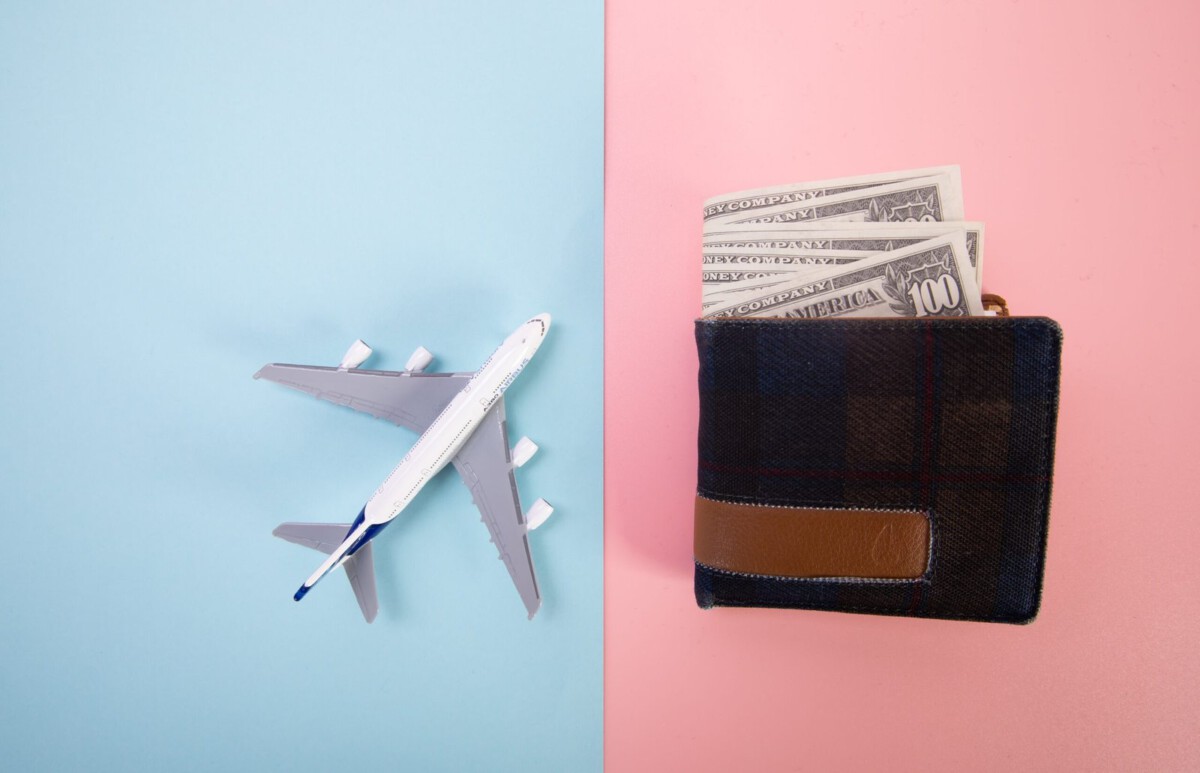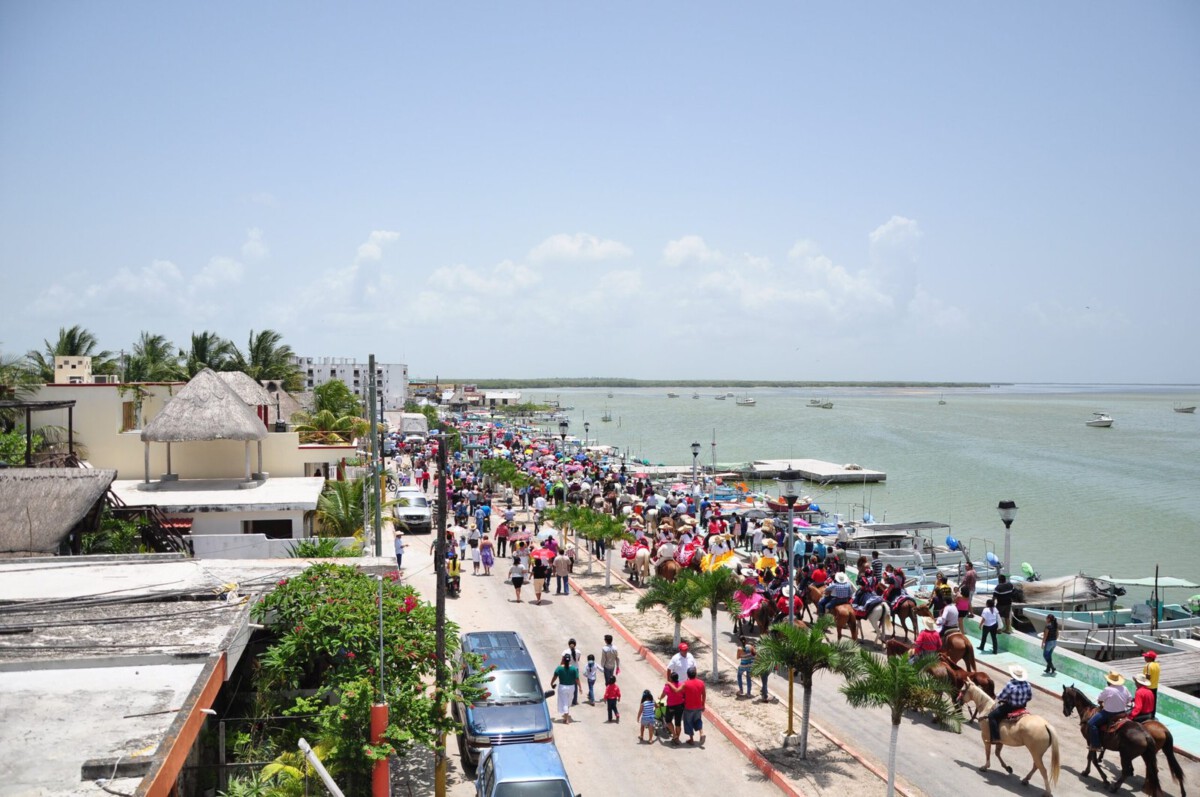The Reality Hit Me When The Buffet Line Stretched Forever

Standing there at 8 AM on deck 12, waiting behind 200 other passengers for scrambled eggs that had been sitting under heat lamps for God knows how long, something clicked. This wasn’t the vacation I’d dreamed about. The cruise ship that once felt like floating luxury now reminded me of a mall food court – crowded, impersonal, and oddly sterile. Disease outbreaks on cruise ships are becoming more common, with norovirus being a frequent cause of gastrointestinal illness. While I stood there hungry and frustrated, I realized I’d been fooling myself about what these massive floating cities actually offered. The magic I’d once felt was gone, replaced by the uncomfortable truth that I was just another number in a sea of thousands.
Crowds Have Become Unbearable

AAA projects 19 million Americans will go on ocean cruises in 2025, making it the third straight year of record cruise passenger volume. Those numbers tell the whole story – everyone’s trying to squeeze onto the same ships at the same time. The pools are packed like sardine cans, the specialty restaurants require reservations weeks in advance, and forget about finding a quiet spot to read. I remember one particular Caribbean cruise where I literally couldn’t move through the main promenade without bumping into someone every few steps. The millions of passengers these ships bring to cities each year are causing problems for the people that live there. Even the destinations feel overrun when three massive ships dock at the same port on the same day. The intimacy and relaxation I craved had been completely lost in this human tsunami.
Environmental Guilt Started Weighing Heavy

The 218 cruise ships operating in Europe in 2022 emitted over four times more sulphur oxides than all of the continent’s cars. That statistic hit me like a punch to the gut when I read it last year. Here I was, someone who tries to recycle religiously and uses reusable water bottles, contributing to one of the most polluting forms of travel on Earth. Destinations struggling with overtourism are putting a stop to ships that bring toxic emissions and millions of passengers. Venice has banned large cruise ships from their historic center, and Barcelona is moving cruise terminals away from residential areas. When entire cities are saying “enough is enough,” maybe it’s time to listen. The cognitive dissonance became too much – I couldn’t enjoy my vacation knowing I was actively harming the very places I wanted to experience.
The Food Scene Feels Like Corporate Cafeteria Dining

Remember when cruise ship dining rooms had actual charm? Now it’s all about volume and efficiency rather than quality or authenticity. The so-called “specialty” restaurants charge extra fees but still feel like upscale chain restaurants you’d find in any airport. I’ll never forget the “authentic Italian” dinner that tasted exactly like something from Olive Garden, served by a waiter from the Philippines who’d been trained to fake an Italian accent. The buffets are endless seas of lukewarm mediocrity, designed to feed thousands rather than delight anyone. Even the cocktails taste watered down and generic. When I realized I was more excited about the ports’ local street food than anything served onboard, I knew something had fundamentally shifted in my relationship with cruise dining.
Health Scares Became Too Real to Ignore

Travelers from diverse regions brought together in the often crowded, semi-enclosed shipboard environment can facilitate the spread of person-to-person, foodborne, and waterborne diseases. The pandemic really opened my eyes to just how vulnerable these floating cities are to outbreaks. Outbreaks on ships can be sustained over multiple voyages by crewmembers who remain onboard, or by persistent environmental contamination. I started paying attention to CDC reports about cruise ship illness outbreaks, and frankly, they’re more common than anyone wants to admit. The thought of being trapped on a ship with sick passengers for days, unable to get proper medical care or simply leave, became genuinely frightening. That “vacation worry” feeling shouldn’t exist, but on cruises, it’s become impossible to ignore.
The Destinations Feel Rushed and Inauthentic

Eight hours in port. That’s what you get to “experience” a Caribbean island or European city before the horn blows and you’re herded back onto the ship like cattle. The Mediterranean is the second-largest market for cruises outside of the Caribbean and rising passenger numbers are putting increasing strain on local populations. You barely have time to scratch the surface before you’re rushing back, laden with overpriced souvenirs from duty-free shops that look identical in every port. I remember spending exactly four hours in Rome during a Mediterranean cruise – enough time to take a selfie at the Colosseum and grab lunch at a tourist trap restaurant. The locals seemed tired of the daily invasion of cruise passengers, and honestly, I don’t blame them. Real travel means taking time to understand a place, not checking it off a list during a frantic shopping excursion.
Solo Wellness Retreats Changed Everything for Me

Solo travel is more popular than ever, with 75% of wellness retreat guests now traveling solo, and a wellness retreat is the perfect way to take time for yourself and focus on what truly benefits your well-being. My first solo retreat in Costa Rica was a revelation – waking up in a jungle lodge to the sound of howler monkeys instead of ship announcements. These wellness vacations for singles wrap you into a welcoming group of likeminded travelers, offering meditation and yoga retreats to fitness breaks and seasonal food courses. The pace was entirely my own, the food was locally sourced and incredible, and I actually connected with other travelers in meaningful ways. Instead of fighting crowds for a pool chair, I was hiking through cloud forests and learning meditation techniques that I still use today. The transformation was profound – I came home actually refreshed rather than needing a vacation from my vacation.
Off-the-Beaten-Path Adventures Satisfy My Wanderlust

Some 63% of travelers said they are likely to visit an off-the-beaten-track destination on their next trip, according to a travel trend report which surveyed 25,000 respondents from 19 countries. This trend toward “destination dupes” and lesser-known places has become my travel philosophy. Some 67% of adult travelers said they want to visit less crowded destinations. Instead of fighting crowds in Santorini, I explored the equally stunning but peaceful islands of Albania’s coast. Rather than another cruise through the overcrowded Caribbean, I discovered the incredible culture and landscapes of Georgia (the country, not the state). Albania is a very popular destination dupe for Croatia, Greece, and even the Maldives. These experiences feel authentic because they are – you’re not one of 5,000 tourists descending on a place simultaneously. The locals are genuinely happy to see you, the prices are reasonable, and you can actually have conversations and make memories instead of just taking photos.
Slow Travel Transformed How I Experience Places

The “experience economy” continued throughout 2024 as travelers prioritized meaningful and authentic experiences over traditional sightseeing, with travelers having their sights set on experiences that immerse them in local culture. I’ve completely embraced the slow travel movement – spending weeks instead of days in destinations, renting apartments instead of hotels, shopping at local markets instead of tourist traps. New trends like immersive travel, slow travel, and the experience economy show a move toward personal and meaningful adventures. Last summer, I spent three weeks in a small Portuguese fishing village, learning to cook traditional dishes with a local family and helping at their restaurant during busy nights. Those connections and skills are still with me, unlike the blurry memories of rushed port visits and buffet lines. Slow travel costs less, provides richer experiences, and creates the kind of stories you actually want to tell years later.
Road Trips Brought Back the Joy of Discovery

Travel habits are changing, with almost twice as many choosing to drive instead of fly in 2024, and the classic American road trip was the favorite travel style this year, claiming 40% of travel styles. There’s something magical about the freedom of the open road that cruise ships just can’t replicate. Road trips offer a versatile and immersive way to experience the diverse landscapes and attractions. I can stop whenever something catches my eye, change plans on a whim, or spend an extra day somewhere that captures my heart. My Southwest road trip through hidden national parks and quirky small towns gave me more authentic American experiences than years of cruise ship visits to sanitized port destinations. The spontaneity is intoxicating – finding that perfect local diner, stumbling upon a folk music festival, or watching sunrise from a random mountain pullout. Every mile becomes part of the adventure instead of just transportation between predetermined stops.
Authentic Food Experiences Beat Cruise Buffets Every Time

Much of authentic travel is also centered around food-focused travel where experiences include curated culinary and agritourism trips. The difference between eating your way through Italy on your own versus on a cruise ship is like comparing a home-cooked meal to airplane food. I’ve spent entire afternoons in family-run trattorias in Tuscany, learning to make pasta from nonna while sipping wine her grandson made. Today’s travelers have their sights set on experiences that immerse them in local culture and allow for genuine connections with the places they visit. In Vietnam, I took cooking classes in people’s homes and shopped for ingredients at wet markets that most tourists never see. These food experiences create lasting memories and skills, unlike the forgettable cruise ship buffets where everything tastes the same regardless of which ocean you’re floating on. The connections you make over shared meals are genuine and often lead to friendships that outlast any vacation.
Nature Immersion Heals What Cities Cannot

Summer 2024 marked a surge in interest for outdoor, adventure, and nature-based experiences as travelers seek activities that embrace the great outdoors. My hiking trips through Patagonia and camping under the Northern Lights in Iceland have provided the kind of profound restoration that cruise ship spas promise but never deliver. Unique accommodations such as eco-lodges and treehouses in secluded areas offer travelers a chance to disconnect from their devices and recharge in nature. The silence of a mountain lake at dawn or the overwhelming beauty of a star-filled sky remind you what really matters in life. These moments of genuine awe and connection with the natural world are impossible to manufacture on a cruise ship deck surrounded by thousands of other people. Nature doesn’t operate on cruise ship schedules – it rewards patience, presence, and the willingness to be uncomfortable sometimes. Those rewards are always worth it.
I used to think cruises were the ultimate in convenient travel – everything planned, all meals included, multiple destinations without the hassle of packing and unpacking. But somewhere along the way, I realized that the “hassle” is actually the adventure. The uncertainty, the planning, the chance encounters, the mistakes that become great stories – that’s where real travel happens. According to an American Express global survey, 72% of respondents care more about having the right travel experience than the cost of the trip. My travels now focus on depth over breadth, quality over quantity, and authentic connections over convenience. Every solo retreat, slow travel experience, and off-the-beaten-path adventure has reinforced that the best journeys happen when you step away from the crowd and into the unknown. What kind of traveler do you want to be – one who follows the masses or one who creates their own path?


